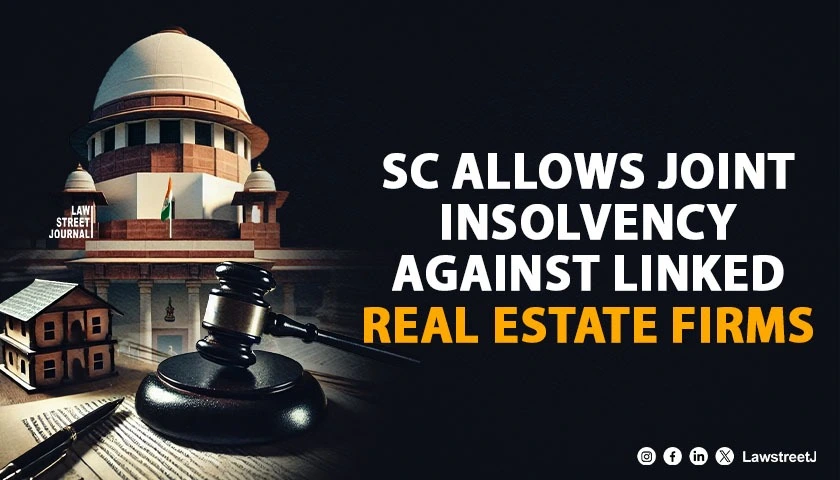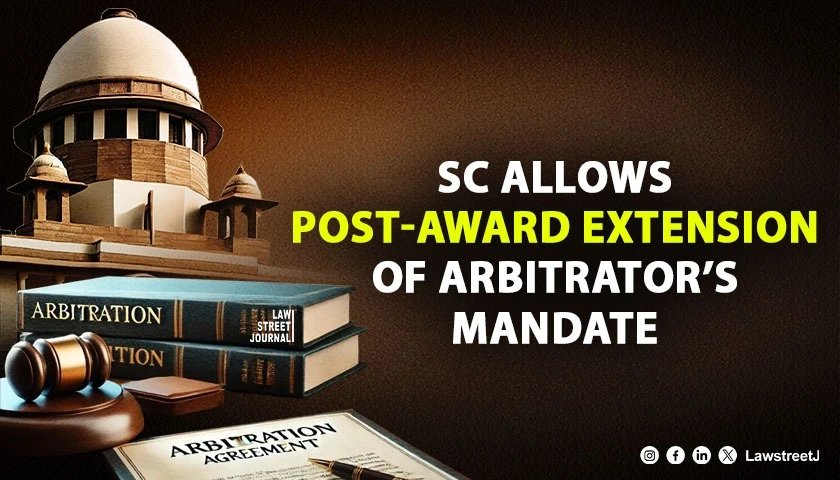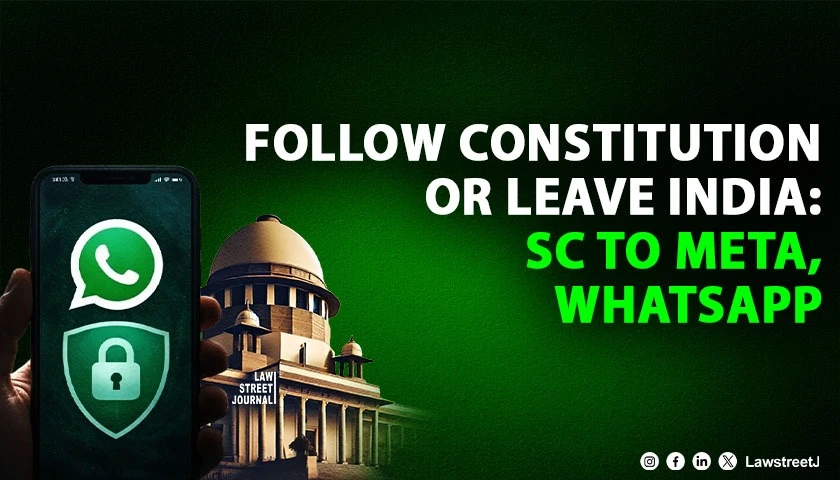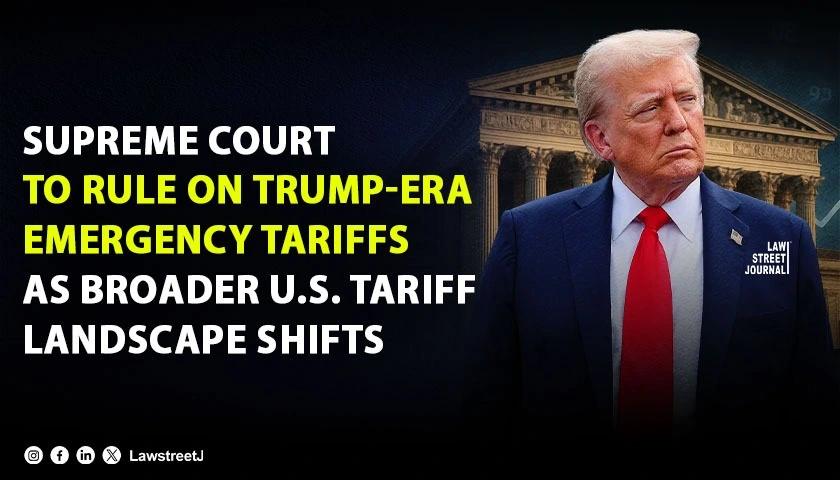A Division Bench of Justices Ali Mohammad Magrey and Vinod Chatterji Koul of the Jammu and Kashmir High Court in the matter of Mian Abdul Qayoom v. Union Territory of J&K & Ors. dismissed an appeal filed against an order of a single Judge Bench and upheld the stand taken by Single Judge that the Court cannot sit in appeal over the subjective satisfaction arrived by the Advisory Board which the suggested detention. Mian Abdul Qayoom is the President of the J&K High Court Bar Association (Srinagar Wing).
Detention order of Mian Abdul inter alia contained that,
Miyan Abdul Qayoom (hereinafter referred to as the Subject) over a period of time has emerged as one of the most staunch advocates of secessionist ideology. His believe that Jammu and Kashmir is disputed territory and it has to be seceded from Union of Indian (sic) and to annex with Pakistan has been repeatedly articulated in public for a through (sic) his speeches, appeals and active participation in such activities. The role of subject has remained highly objectionable and he was indicted many times in past for secessionist activities which can be gauged from the fact that at least 04 criminal cases have been registered against him and his other associates for violating various laws whose sanctity they are supposed to uphold in highest esteem. I have examined the record produced viz-a-viz secessionist activities which include the FIRs and reports in the matter.
Background of the case:
Mian Abdul Qayoom (the Appellant) had filed the Letters Patent Appeal against the judgment passed on February 07, 2020, whereby the Writ Court had dismissed the writ petition for habeas corpus seeking quashing of the appellants detention order under Jammu and Kashmir Public Safety Act, 1978.
The District Magistrate, Srinagar, in the exercise of the powers under Section 8 of the J&K Public Safety Act, 1978 (JK PSA), had passed an order detaining the appellant. The order was passed by the detaining authority on being satisfied that, to prevent the detenue from acting in any manner prejudicial to the maintenance of public order, it was necessary to detain him. The detention order so passed by the detaining authority was challenged before the High Court on several grounds.
The Court had dismissed the challenge concluding that matter lies within the competence of Advisory Board. While saying so, this Court does not sit in appeal over the decision of detaining authority and cannot substitute its own opinion over that of detaining authority when grounds of detention are precise, pertinent, proximate and relevant.
In the present appeal, the counsel for the appellant had submitted that it has consistently been held by the Supreme Court that non-supply of all the materials (he claimed the detenue was not supplied all the materials), relied upon by the detaining authority to arrive at the requisite satisfaction, renders the detention order illegal and is a sufficient ground for quashing the order of detention.
He further claimed that the FIRs and the allegations contained in the detention order were stale 9 to 11 years old having no proximity to lend suspicion to the detaining authority that the detenue may disturb public order.
His next line of argument was that since the detenue was detained in 2010 on the very same FIRs and allegations contained therein, he could not have been detained anew on the very same allegations and material and the basis of his past conduct.
He also claimed that the activities attributed to the detenue in the allegations contained in the FIRs against the detenue did not fall within the definition of the phrase acting in any manner prejudicial to the maintenance of public order; hence the detention order was unfounded and the detaining authority had not applied his mind.
The Decision of the Court:
Regarding the non-supply of relevant material leading to the detention order, the Court relying on the law laid down by the Supreme Court in Gautam Jain v Union of India held that argument fails, as there were many grounds mentioned in the detention order and one of them was four FIRs registered against him in 2008 and 2010 and the detention order would be sustainable on the single solitary ground, as each ground mentioned in the detention order is severable.
The Court also next held that we are of the considered opinion that the FIRs and the allegations contained therein have a live link to the satisfaction arrived at by the detaining authority and they have the required proximity to have lend a suspicion to the detaining authority that, if not detained, the detenue may act in a manner as would be prejudicial to the maintenance of public order, especially so because of the surrounding circumstances prevailing then.
Coming to the third point raised by the learned senior counsel for the appellant, that since the detenue was detained in 2010 on the very same FIRs and allegations contained therein, he could not have been detained anew on the very same allegations and material, in this context the Court held that it is not that the detenue has been detained only on the very same FIRs and the allegations contained therein. We have said above that we have gone through intelligence reports which contain materials after 2010 depicting the activities of the detenue on the basis of which as well the detaining authority has shown to have arrived at his satisfaction reflected in the impugned detention order. These reports could be well said to constitute new facts.
On the secessionist ideology, the Court held that an ideology that has the effect and potential of nurturing a tendency of disturbance in public order, such as was reflected in the FIRs registered against the detenue in the instant case, and of which the detaining authority was reasonably satisfied, could be said to be different from a criminal act or acts done sometime in the past and, therefore, would always continue to be proximate in their impact and consequence.
The Court further held that,
We are also of the view that the ideology alleged against a person, such as the one reflected in the FIRs registered against the detenue in the instant case in 2008 and 2010, irrespective of the age and fate of those FIRs, and reiterated in the fresh grounds of detention, cannot be said to have gone stale by efflux of time; therefore, they can form the basis for attaining the requisite subjective satisfaction by the detaining authority for detaining the detenue and that such past conduct of the detenue would be relevant and germane to the object of relevant provision of the Act.
After finding no merit in the Letters Patent Appeal, the Court dismissed the appeal and upheld the detention of the detenue.
Interestingly, On Secessionist ideology, the Advocate General had submitted that such ideology cannot be confined or limited to time to qualify it to be called stale or fresh or proximate, unless, of course, the person concerned declares and establishes by conduct and expression that he has shunned the ideology (emphasis supplied).
In this regard, the Court held that it was leaving it to for the detenue to decide whether he would wish to take advantage of the stand of the Advocate General and make a representation to the concerned authorities to abide by it.








